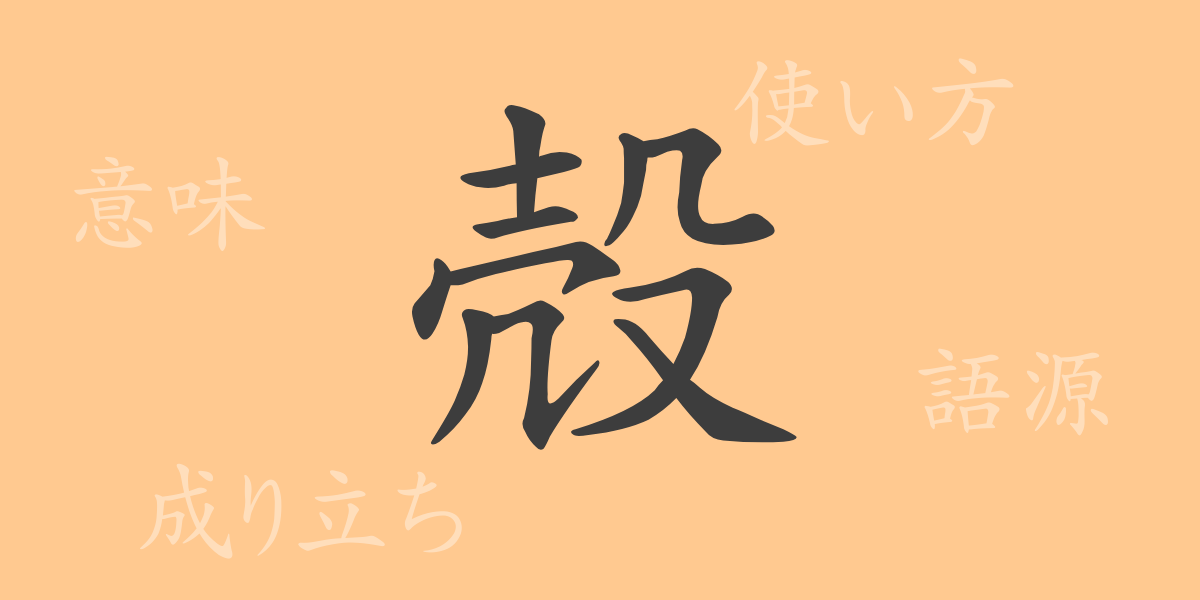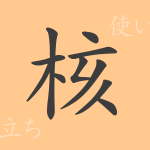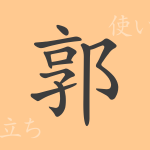Kanji, deeply rooted in Japanese culture, each character possesses a unique world, blending seamlessly into our daily lives. “Kara” (殻) is one such kanji, closely related to our lives in both literal and metaphorical senses. This article delves into the origins, meanings, and uses of “kara” (殻), exploring its charm through idioms and phrases.
Origins of “Kara” (殻)
The kanji “kara” (殻) originated from ancient China, derived from a pictograph representing a shell. Over time, it came to denote not only seashells but also the hard outer layers protecting seeds and fruits. This evolution reflects changes in people’s lifestyles and their view of nature.
Meaning and Usage of “Kara” (殻)
Literally, “kara” (殻) refers to hard outer coverings like shells, seed husks, and eggshells. Metaphorically, it can also signify psychological defenses or restrictions. For example, the phrase “breaking out of one’s shell” indicates overcoming internal constraints. Additionally, “kara” (殻) symbolizes safety and protection, as it plays a role in safeguarding the essence or core of something.
Pronunciation, Stroke Count, and Radical of “Kara” (殻)
The kanji “kara” (殻) reflects its rich shape and meaning with complex readings and components.
- Readings: The on’yomi is “kaku,” while the kun’yomi is “kara.”
- Stroke Count: A total of 11 strokes.
- Radical: Hoko-zukuri (殳).
Idioms, Phrases, and Proverbs Using “Kara” (殻) and Their Meanings
There are numerous idioms, phrases, and proverbs that include “kara” (殻), each illustrating the richness of Japanese expression. For instance, “molting” literally refers to insects shedding their old skin, metaphorically representing personal growth or change. The proverb “a horse emerging from a gourd” signifies unexpected good fortune or miracles, symbolizing the unforeseen changes that “kara” (殻) can represent.
Conclusion on “Kara” (殻)
The kanji “kara” (殻) is deeply intertwined with our lives and psyche, as evident in its use in everyday expressions and literary metaphors. This character, utilized in a wide range of contexts, showcases the expressive power of the Japanese language. Serving as a metaphor for not only physical protection but also transcending psychological barriers, “kara” (殻) symbolizes the encouragement of our growth through the power of words.

























